Sweat Bullets
 Few of us like to sweat bullets – physical or emotional.
Few of us like to sweat bullets – physical or emotional.
After a hard day of physical work, giant drops of sweat the size of bullets drip from us. We get:
- Wet
- Dirty
- Sticky
- Stinky
- Tuckered out
We long for a cool breeze, swim, or shower to help us feel better.
To sweat bullets also refers to emotional stress.
We become:
- Anxious
- Nervous.
- Distressed
- Fearful
We turn into worry warts.
Many stresses result from our circumstances.
- Physical illness
- Death
- Job loss
- Financial problems
- Natural disasters
Other stresses come from within us.
We worry about:
- An unknown future
- Our purpose in life
- Life after death
Whether external or internal, we tie ourselves in knots.
Next week we will look at a better way to deal with life’s stresses. Until then, stay cool, physically and emotionally. Seek God’s peace and purpose for this life and the next. Enjoy the possibilities of every day.
“Don’t fret and worry—it only leads to harm” (Psalm 37:8 TLB).
Thanks to Ann Maniscalco for the suggestion.
Do you have an expression you want explained? If so, please comment below.
Subscribe to receive my weekly posts by email and receive a free copy of “Words of Hope for Days that Hurt.”
If you enjoyed this post, please share it with your friends.
 When we serve soup, we want no bones about it. We may cook bones in our soup, but we take them out when we eat. Swallowed bones often result in a visit to the hospital.
When we serve soup, we want no bones about it. We may cook bones in our soup, but we take them out when we eat. Swallowed bones often result in a visit to the hospital.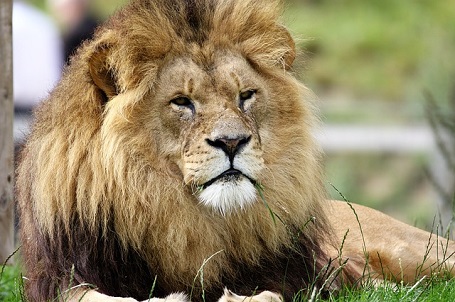 Lions have a big head, a loud roar, and a reputation as king of the jungle. Although big, strong, and fast, lions can be caught and controlled by smaller, weaker, and slower lion tamers.
Lions have a big head, a loud roar, and a reputation as king of the jungle. Although big, strong, and fast, lions can be caught and controlled by smaller, weaker, and slower lion tamers. Many times, Lisa Gupton told her show choir students, “Let’s get the show on the road.” She was telling them, “Get ready. It is time to perform.”
Many times, Lisa Gupton told her show choir students, “Let’s get the show on the road.” She was telling them, “Get ready. It is time to perform.”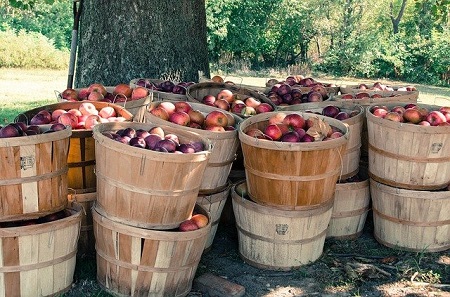 I grew up with the knowledge that my parents loved me a bushel and a peck. How did I know that? They told me many times. They also sang “
I grew up with the knowledge that my parents loved me a bushel and a peck. How did I know that? They told me many times. They also sang “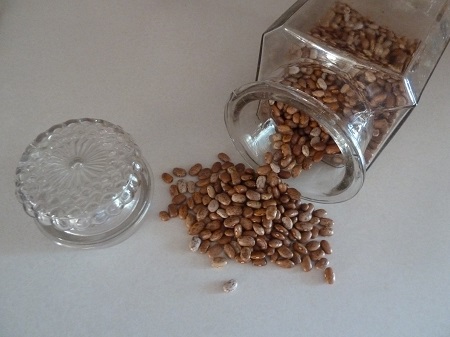 Most of us know people who cannot keep a secret. They always find a way to spill the beans.
Most of us know people who cannot keep a secret. They always find a way to spill the beans.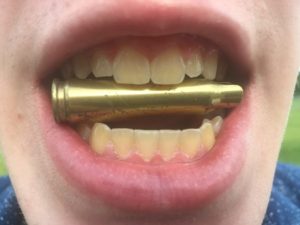 I recently had to bite the bullet. In one week, I made two major house repairs and replaced the brakes on my car. I was out of town when the brakes stopped working.
I recently had to bite the bullet. In one week, I made two major house repairs and replaced the brakes on my car. I was out of town when the brakes stopped working. In our
In our  Years ago, people treated many medical emergencies at home. One common remedy was to pour or rub salt in a wound. That solution often caused more pain than the original problem.
Years ago, people treated many medical emergencies at home. One common remedy was to pour or rub salt in a wound. That solution often caused more pain than the original problem.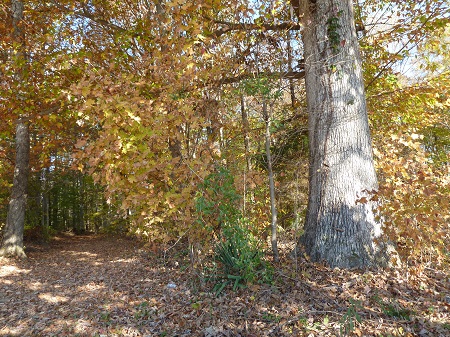 Many of us grew up in the sticks. We had to travel several miles to the closest town. Our travel time increased to reach a city. Some of us remain in the sticks or visit often.
Many of us grew up in the sticks. We had to travel several miles to the closest town. Our travel time increased to reach a city. Some of us remain in the sticks or visit often.